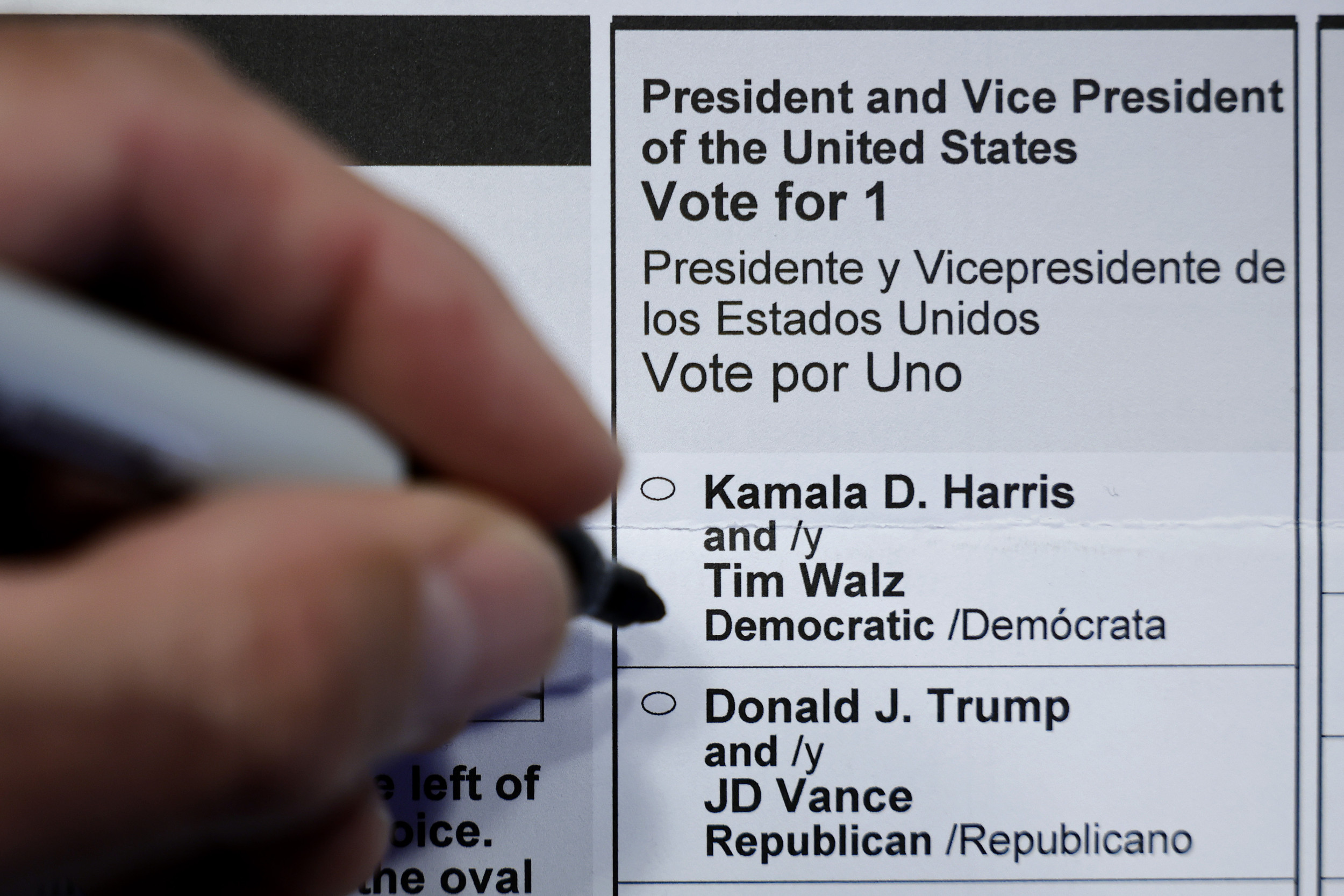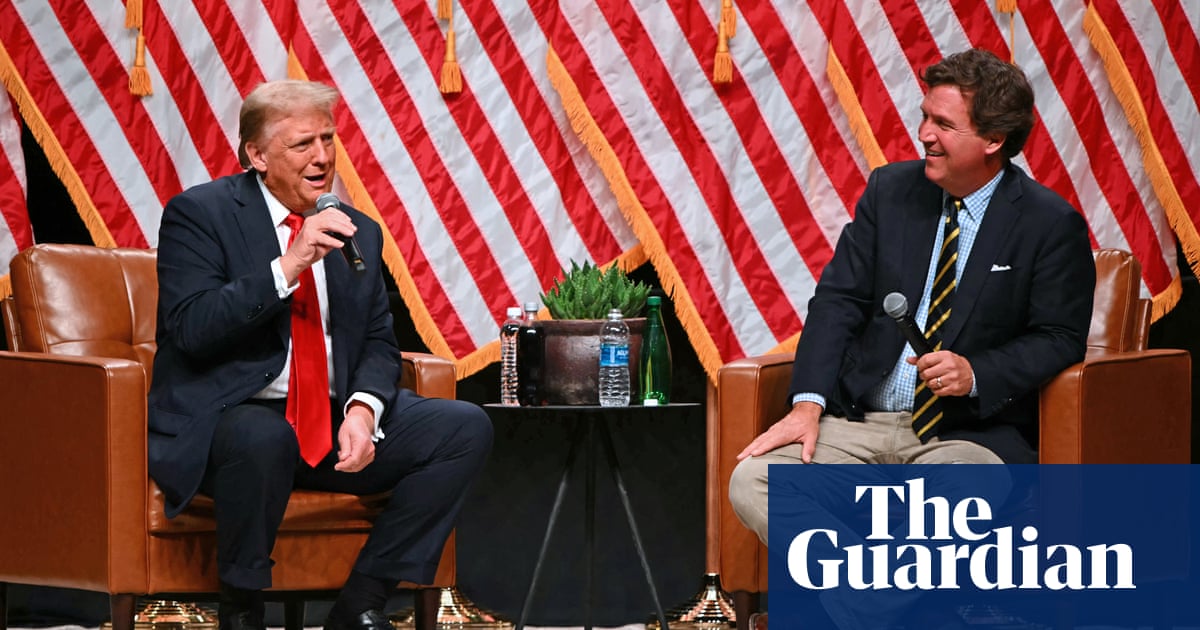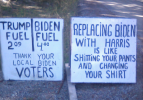Heading into the election, a barrage of fresh data this week reflected one of the best pre-election economies in decades. Gross domestic product rose at a healthy 2.8 percent annual rate in the most recent quarter. Businesses hired more workers than expected this month, with 233,000 new private sector jobs, according to payroll processing firm ADP. Weekly claims for unemployment benefits for last week hit a five month low, according to a Thursday report.
The U.S. economy is the envy of the world, with strong growth, easing prices and a robust job market, but voters heading to the polls Tuesday are more likely to be thinking about their experiences with once-in-a-lifetime inflation.
The pandemic-related run-up in prices has made American life costlier and loomed large over the presidential election. Over the past four years,
grocery prices have risen by 22 percent, while
utilities and
new homes have gone up 28 percent. Although wages have also risen and inflation has
come down dramatically, many families
are still struggling to catch up.
While strong economies (like the current US economy) historically have favored incumbent political parties, a wave of populism — driven in part by discontent over surging prices — has
punished incumbents in a number of nations, including Britain, South Africa and India.
And Americans may be starting to notice because consumer confidence, a measure of economic optimism, posted its largest monthly jump in more than three years, according to The Conference Board data out this week.
Harris, though, has taken a different approach. Instead of touting the economy’s strengths, she has focused on the challenges facing Americans, including high prices for food, housing and
childcare.
“Our biggest challenge is to lower costs — costs that were rising even before the pandemic, and that are still too high,” Harris said in a speech in Washington this week. “I get it.”
That tactic has worked — voters say they trust Harris over Trump when it comes to costs for housing,
child care, nursing homes and prescription medications, according to
a recent poll by AARP. Trump, though, continues to hold the lead on “the economy in general.”
“There is this long standing assumption that Republicans have the advantage on the economy over Democrats,” said Margie Omero, a Democratic pollster at the firm GBAO. “But the specifics of Harris’s economic message — specifically caregiving and tax fairness — are resonating, which has helped close the gap.”
In Dallas, Emily Broadway is switching to Harris after a decade of voting conservative. The 28-year-old, who was president of her school’s college Republicans and interned for a GOP senator, said she’s felt a growing unease with the party since the Jan. 6, 2021, insurrection. This summer she and her husband decided they would vote blue for the first time, in part because they hope to have
children soon and worry about losing access to reproductive rights. Plus, she said, the economy feels like it’s in solid shape.
“I do feel like as a whole, we’re in a better place than we were four years ago,” she said. “I’m definitely seeing positives — some things are getting cheaper at the grocery store, and our lease renewal only went up by a couple of bucks.”
Emily Holder, a chef in Zionsville, Indiana, said gas prices and the economy are among her “top 10” concerns. But for now, she’s much more focused on health care, women’s rights and gun control, which take precedent over cheap gas and have tipped the scales in Harris’s favor.
“Of course it makes a significant difference when I fill up my car, and it’s $30 instead of $50,” the 36-year-old said. “But at the end of the day, there are other issues that are a much bigger deal for me.”





